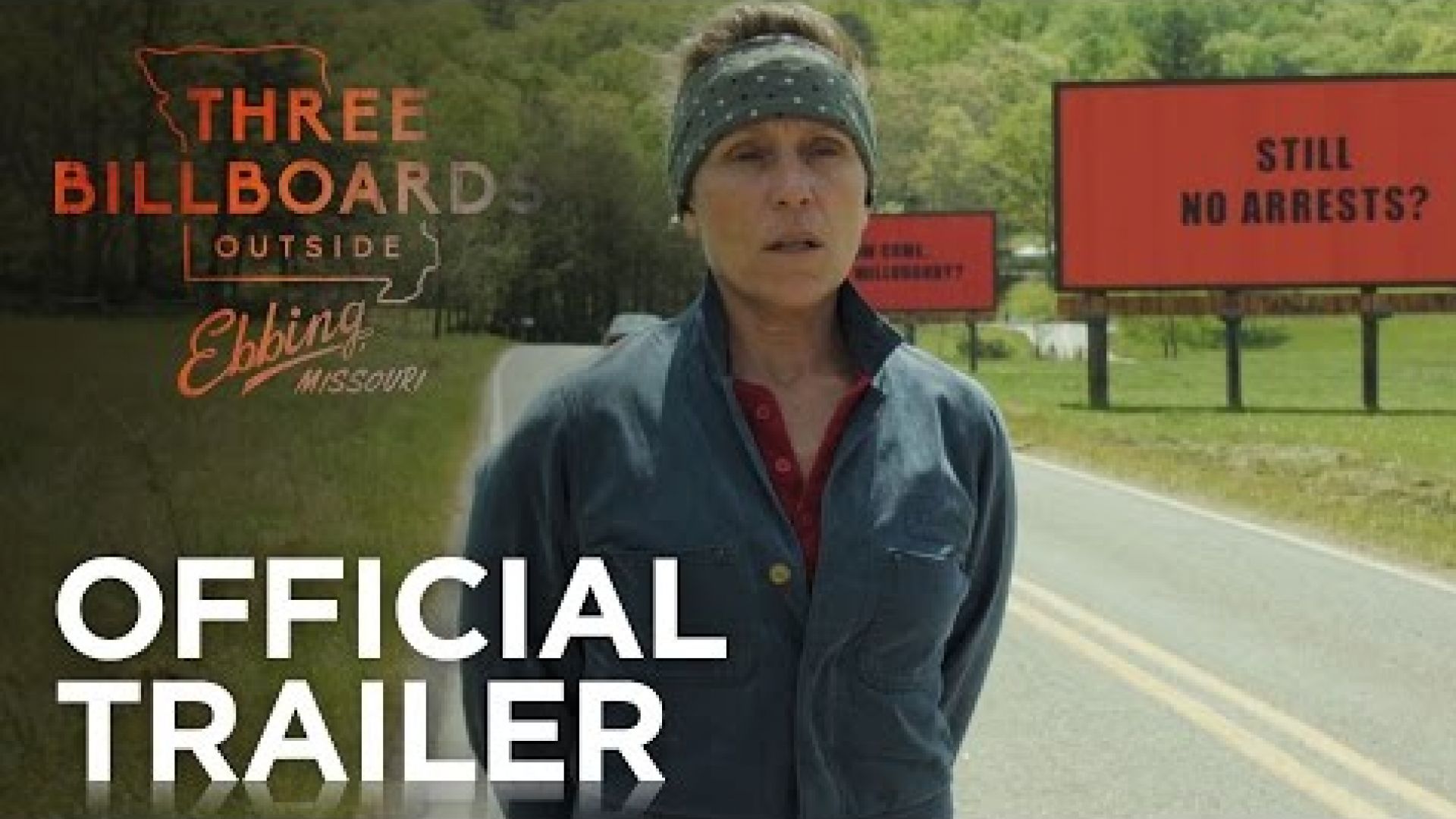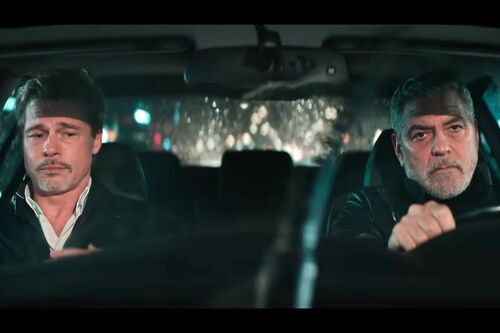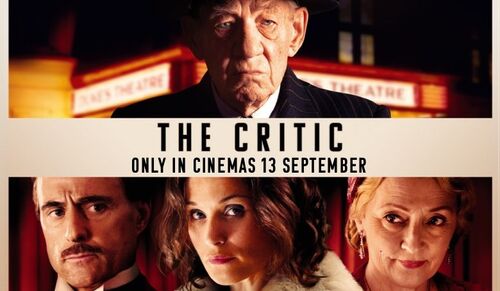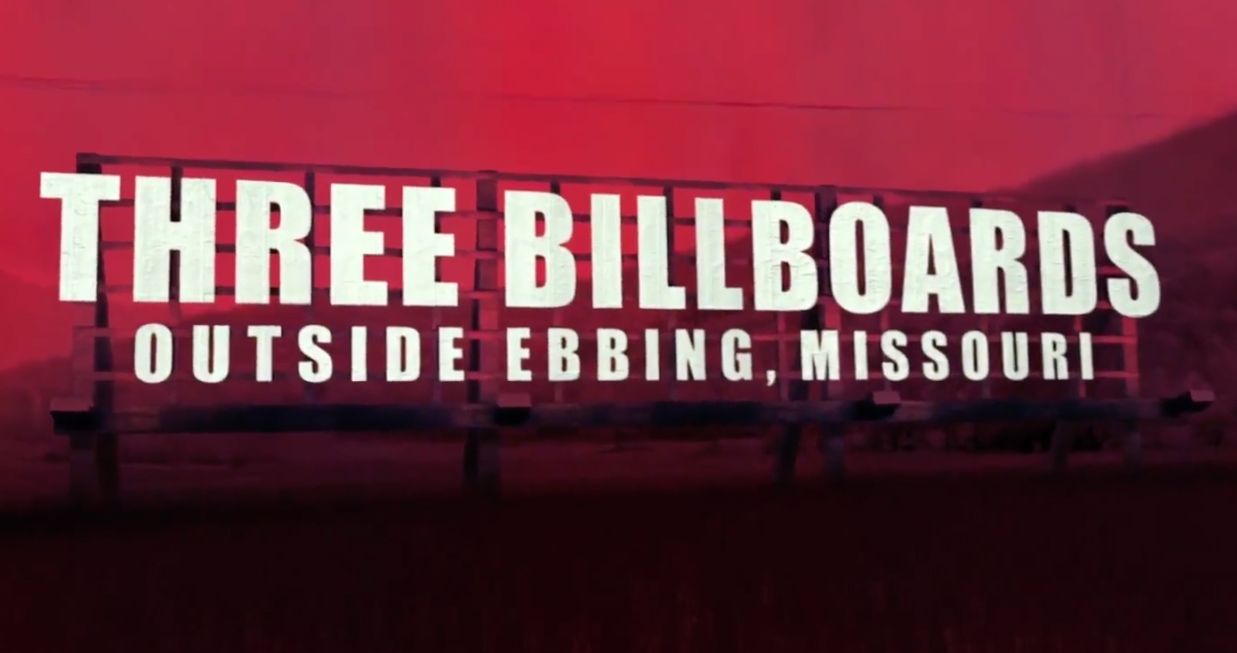
'Three Billboards Outside Ebbing, Missouri' Review
 Last year it was “Moonlight”. In 2015 it was “Mad Max: Fury Road”. It seems that every awards season I’m in the minority when it comes to one or two highly-praised contenders. Heading into “Three Billboards Outside Ebbing, Missouri” I never thought it would be this year’s submission to the category.
Last year it was “Moonlight”. In 2015 it was “Mad Max: Fury Road”. It seems that every awards season I’m in the minority when it comes to one or two highly-praised contenders. Heading into “Three Billboards Outside Ebbing, Missouri” I never thought it would be this year’s submission to the category.
A talented, all-star cast. An interesting concept. Loads of buzz, including Best Picture talk. I was curious and excited for what “Three Billboards” had to offer. But after seeing it, I quickly came to the disappointing conclusion that this is one of those movies in which everything that happens could only happen in the movies.
Nothing in the script – the behavior of the characters or the characters themselves – is based in reality. Instead, director Martin McDonagh gives us over-the-top situations, events and people, acting “movie cute”, saying “movie cute” things to form a comedy about the rape/murder of a young woman. There were so many bad decisions made with this film they could fill three billboards.
“Three Billboards” is officially being marketed as a dramedy, but the breakdown is easily 75% comedy, 25% drama. McDonagh (“In Bruges”, “Seven Psychopaths”) stays true to his style with an off-kilter tone, some occasional ridiculously violent moments and a whole lot of implausible dialogue.
The story is set in the small, fictional town of Ebbing, Mo. Frances McDormand plays Mildred Hayes. It’s her teenage daughter who was raped and burned to death about a year ago. The local police still do not have a suspect in the case. So a frustrated Mildred decides to buy space on three billboards just outside of town, asking Police Chief Willoughby (played by Woody Harrelson) why there’s been no progress in catching her daughter’s killer.
A solid idea for an insightful and possibly thought-provoking cinematic experience.
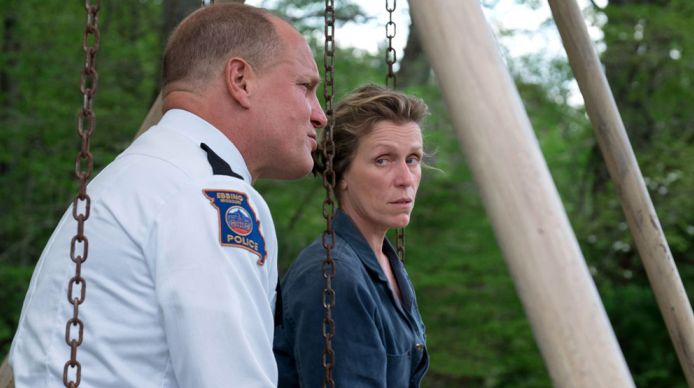
Instead, McDonagh takes this premise and creates a wacky world of goofballs: McDormand’s Hayes behaves irrationally, though we give her a pass (at least for awhile) because of the personal trauma she’s dealing with. But there’s no excuse for the rest of the townspeople: The police department is filled with racist psychopaths, led by deputy Dixon, played by Sam Rockwell – whose behavior goes completely unchallenged for most of the film.
The local dentist is a sadist. Mildred’s ex-husband (John Hawkes) is dating the ditsy 19-year-old trophy girlfriend. There’s a secret surrounding Chief Willoughby, a mysterious stranger who passes through town who may or may not be involved in the killing and even a town “little person”, played by Peter Dinklage. His only purpose in the movie was so midget jokes could be part of the script. That’s really low (no pun intended).
In fairness, there are three scenes in “Three Billboards” that work: a jolting flashback, a surprisingly human moment during an exchange between Mildred and Chief Willoughby, and a sequence involving McDormand and a deer that’s grounded and gentle.
The rest of “Three Billboards” is goofy, odd and at times incomprehensible. Could you imagine a deputy, in broad daylight, walking across the street from the police station, breaking into the office of a business owner and throwing him out of a two-story window? Rockwell has delivered excellent performances in “The Way, Way Back”, “The Winning Season” and “Frost/Nixon”. He tries his best here but the role is completely cartoonish.
McDormand’s Mildred is a smart-ass, wise-cracking, crowd-pleaser. But every situation involving her and nearly every line of dialogue she delivers feels staged, rehearsed and choreographed. At one point she physically attacks two teenagers standing outside a high school, in plain view of dozens of other students, teachers and parents. And she’s allowed to just get back into her car and drive away. Are you kidding me?
McDonagh so desperately wanted to establish a “Twin Peaks”-type setting and vibe with “Three Billboards” that he simply forgot that what he needed, first and foremost, was to make an interesting, believable and compelling film.
